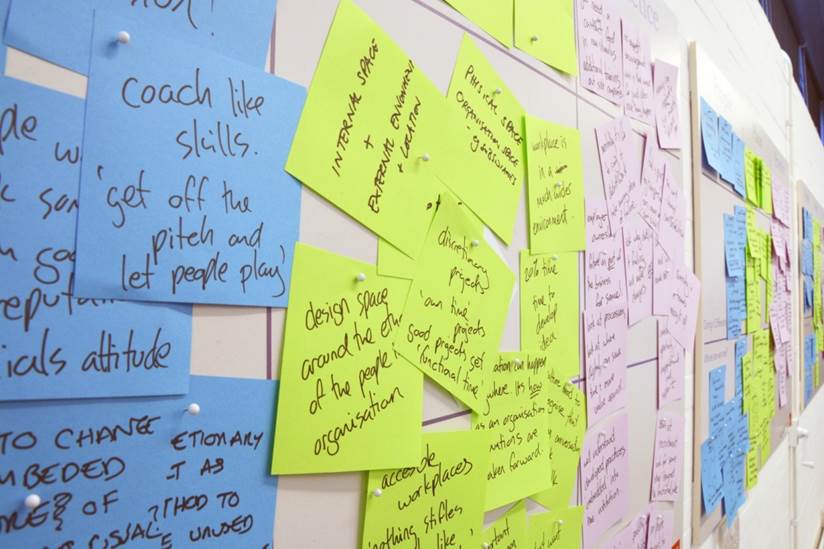Progressive and Creative Practice in Workplace Innovation

Workplace Innovation has received increasing attention in the economic policies and strategies of the EU and some national governments. While workplace innovation is an expansive concept of innovation broadly applicable across sectors, industries, firms and organisations, it is fundamentally about getting the best from an organisation’s key resources. Fostering a culture of workplace innovation requires, among other things, more progressive workplace practice driven by collaboration and dialogue. Collaborative Workplace Innovation can improve business/organisational outcomes, benefit individuals and help improve competitiveness while tackling inequality. Notwithstanding a growing literature, with few exceptions (e.g. Pot et al. 2016), workplace innovation remains poorly conceptualised, hindering implementation, evaluation and dissemination.
This programme builds on the success of Innovating Works at SCER and Creating Cultures of Innovation at Glasgow School of Art, to bring together, disseminate and extend international evidence and practice on creating innovative private, public and third sector organisations. Scotland has much to give as well as much to learn from international experience of workplace innovation. This proposal focusses on ‘what works’ in workplace innovation, where and why; how employers can learn from each other; how practitioners, policymakers and researchers can collaborate on workplace innovation and how policy levers can support workplace innovation.
The programme takes the form of a 3-part series: a business to business learning event; an international researchers’ event and an international keynote event. The events will explore the workplace systems, behaviours and orientations that foster successful cultures of innovation, viewed through the lens of:
- People – who is involved, what skills, talents and motivations do they bring to innovation and how strong and productive are the relationships they develop?
- Practice – including productive, managerial and administrative processes and the behaviours these drive, notably in signalling opportunity and permission to be creative
- Place – how can space - physical and time - for interaction help stimulate opportunity and collaborative innovation?
It is hoped that effective use of limited resources to support innovation will be enabled through building collective knowledge and sharing data, models, challenges and successes. By engaging collaboratively with workplace innovation policies and practices across the EU, the US, Australia and elsewhere, the series will bridge the gaps in national policy objectives and organisational practice.